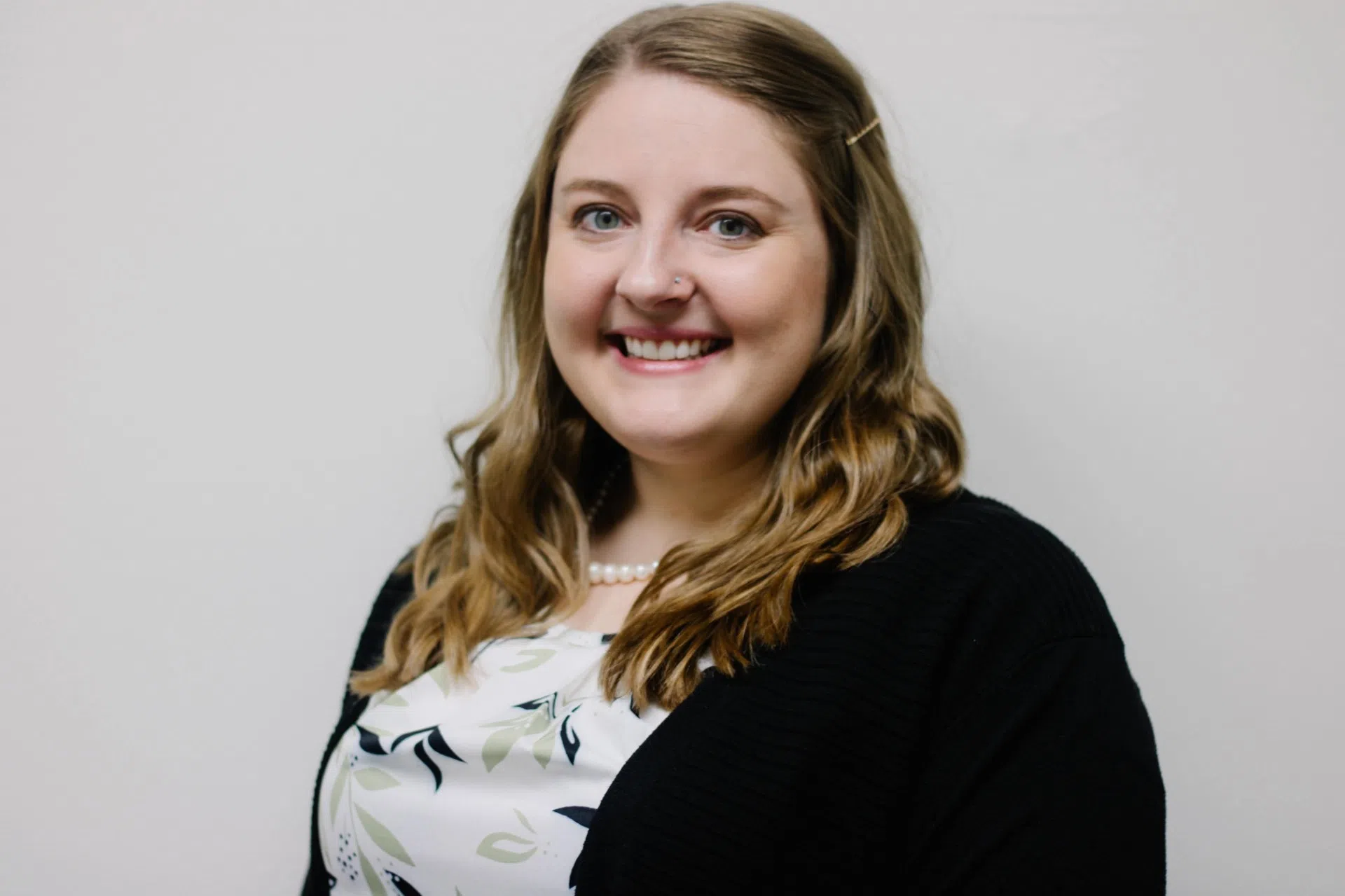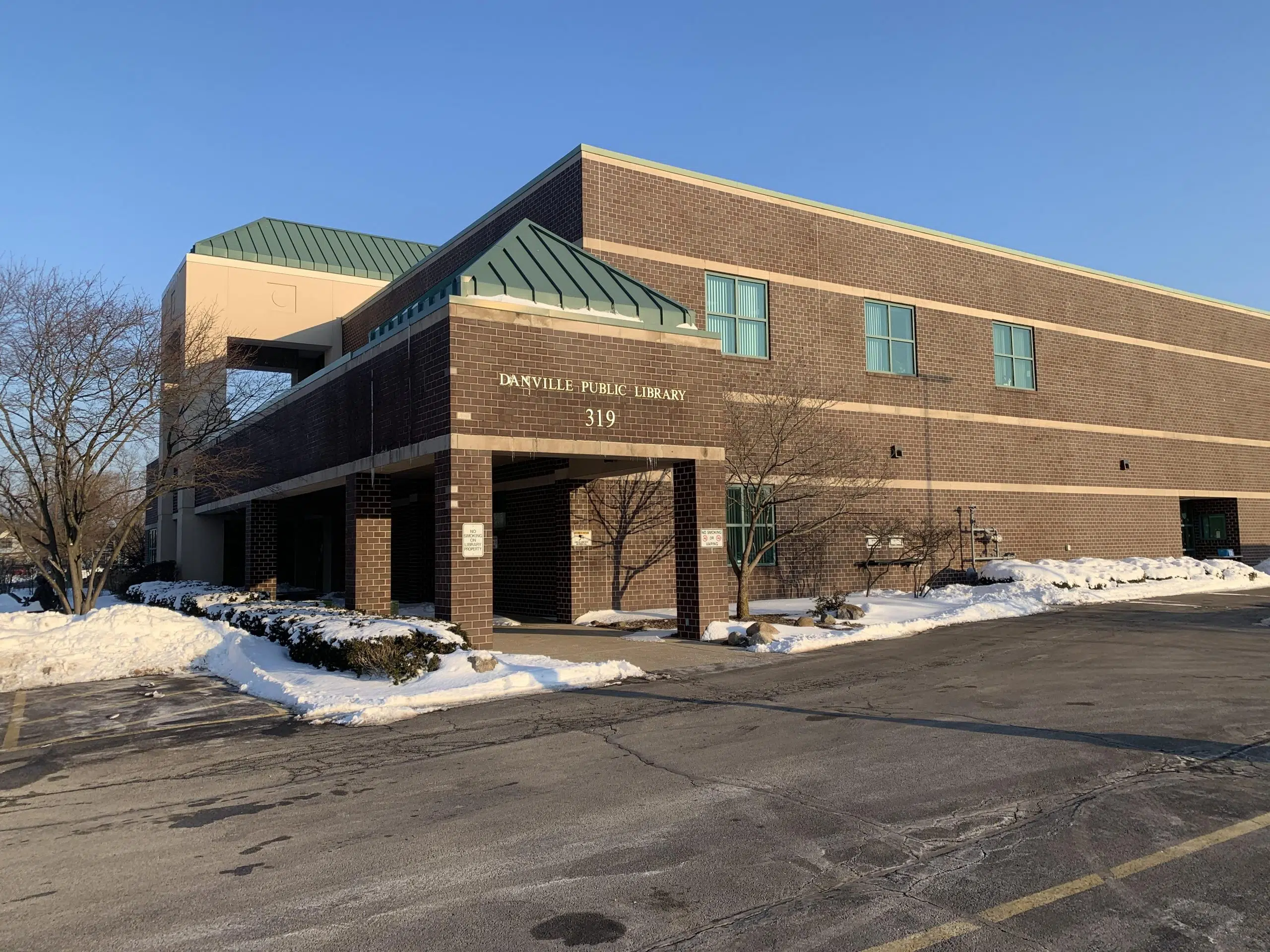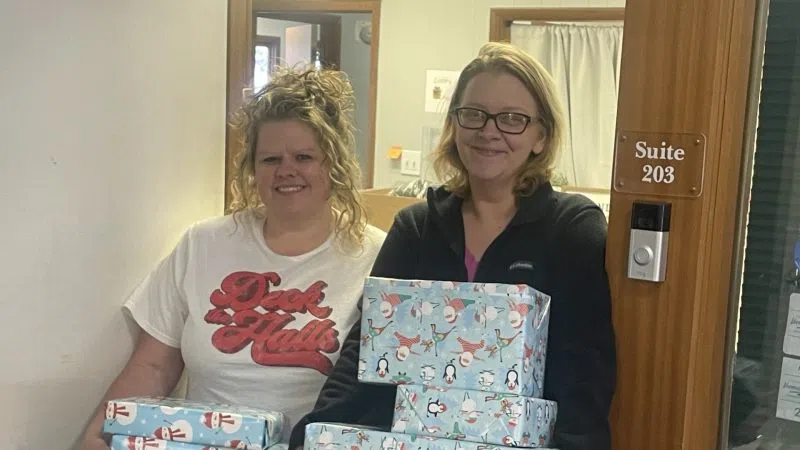THE FOLLOWING IS A DANVILLE AREA COMMUNITY COLLEGE RELEASE
A Growing Career with Purpose, Flexibility, and Competitive Pay
DANVILLE – For those interested in helping others communicate more effectively while pursuing a rewarding and flexible career, becoming a Speech-Language Pathology Assistant (SLPA) in Illinois offers a promising pathway. This high-demand profession combines competitive salaries, strong job growth, and the opportunity to make a lasting difference in the lives of children and adults alike.
Danville Area Community College (DACC) is proud to introduce the Speech-Language Pathology Assistant Associate in Applied Science (AAS) degree program, designed to prepare students for immediate employment under the supervision of licensed Speech-Language Pathologists (SLPs). Graduates of the program will be eligible to apply for Illinois state licensure through the Illinois Department of Financial and Professional Regulation (IDFPR) as well as national certification through the American Speech-Language-Hearing Association (ASHA).
Burgandy Henderson Nicoson, M.A., CCC-SLP, ATP, a licensed speech-language pathologist and certified assistive technology professional was confirmed as the Program Director of DACC’s new Speech-Language Pathology Assistant program at the June 2025 Board of Trustees meeting. Classes for the program will begin in the Fall 2025 semester. Interested students may register now to enter that program.
The SLPA program welcomes both recent high school graduates and adults seeking a new career path. With only three prerequisite courses required, most students can enter the program after completing just one semester of college coursework. In addition to preparing students for entry-level positions in schools, clinics, and medical facilities, DACC is also working to establish transfer agreements with four-year institutions for those who wish to continue their education and pursue a bachelor’s degree in the field.
The demand for speech-language services is significant—and growing. In Vermilion County alone, early intervention programs report waitlists of over 30 families, while neighboring Champaign County has had waitlists exceeding 60 families. These numbers reflect only those who have formally requested services. Some families are receiving services via virtual therapy but would prefer consistent, in-person care.
In local school districts, SLP shortages are met with services being delivered through part-time or virtual providers—approaches that, while effective in certain situations, may not meet the preferences or developmental needs of the students. SLPA professionals working alongside licensed SLPs can help bridge these gaps by providing more consistent and accessible care.
The DACC SLPA program was developed by licensed, practicing speech-language pathologists who work full-time in public education and have also worked in private practice, healthcare, and higher education. These faculty members have seen firsthand how early intervention improves long-term outcomes—and how lack of access to care can hinder progress. Informed by data from the National Center for Education Statistics, the program also acknowledges the connection between communication disorders, educational achievement, and socioeconomic challenges.
“Working as an SLPA allows you to make a real difference in people’s lives,” said Ms. Nicoson. “It’s incredibly rewarding to help clients build their communication skills and confidence. It’s also a great first step for those who want to go on to become fully licensed speech-language pathologists.”
Work-based learning is a key element of the DACC SLPA curriculum. Students will complete no less than 100 hours of direct client interaction during on campus and community based clinical rotations. This is in addition to an in-depth curriculum created by practicing SLP’s and tailored for the direct client care that SLPAs provide. Through partnerships with area clinics, schools, and healthcare facilities, students will gain real-world experience alongside experienced professionals—preparing them to move directly into the workforce after graduation.
In Illinois, SLPA salaries range from $37,500 to $77,000 annually, with an average around $57,000. Pay rates are typically between $30 and $35 per hour, with higher salaries reported in metropolitan areas like Chicago. In addition to strong compensation, most SLPA roles include benefits such as health insurance, paid time off, retirement plans, and continuing education support.
The field of speech pathology is growing rapidly, with a projected national job growth of 15–21% by 2028. In early June alone, more than 500 speech-language positions were posted across Illinois. Whether working in a school, private practice, or early-intervention setting, SLPA professionals are in high demand and play a vital role in supporting communication and developmental outcomes.
For more information about the SLPA program or other healthcare programs at Danville Area Community College, visit https://dacc.edu or contact DACC Admissions at 217-443-8800. SLPA specific inquiries can be sent to SLPA@dacc.edu, or to SLPA Program Director Burgandy Nicoson at b.nicoson@dacc.edu.
Danville Area Community College is a comprehensive community college serving Illinois District 507, which consists of Vermilion County and parts of Champaign, Iroquois, Edgar, and Ford counties. DACC’s main campus is located at 2000 East Main Street, Danville. The College has a higher-learning center in Hoopeston at 847 E. Orange. To apply to DACC, call 217-443-3222 or visit the Web site at www.DACC.EDU.












